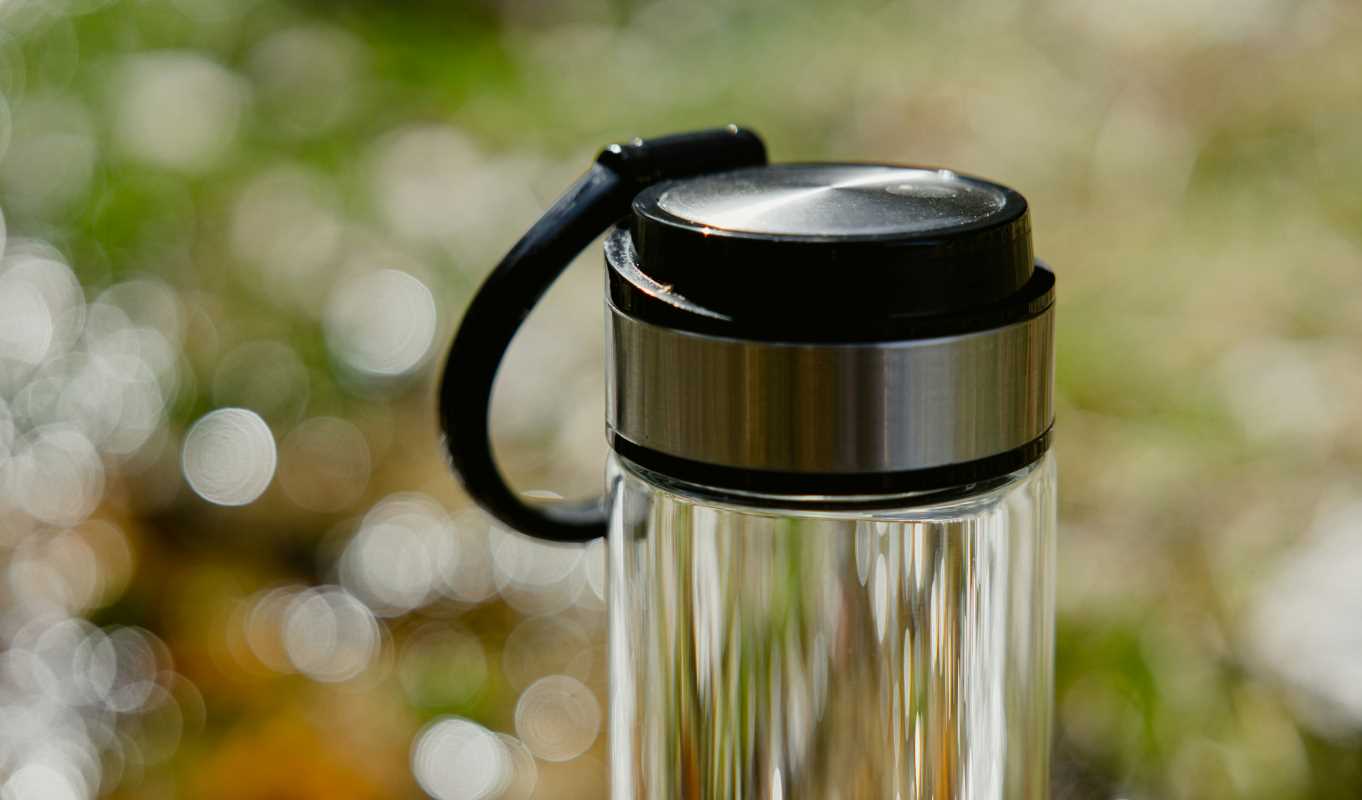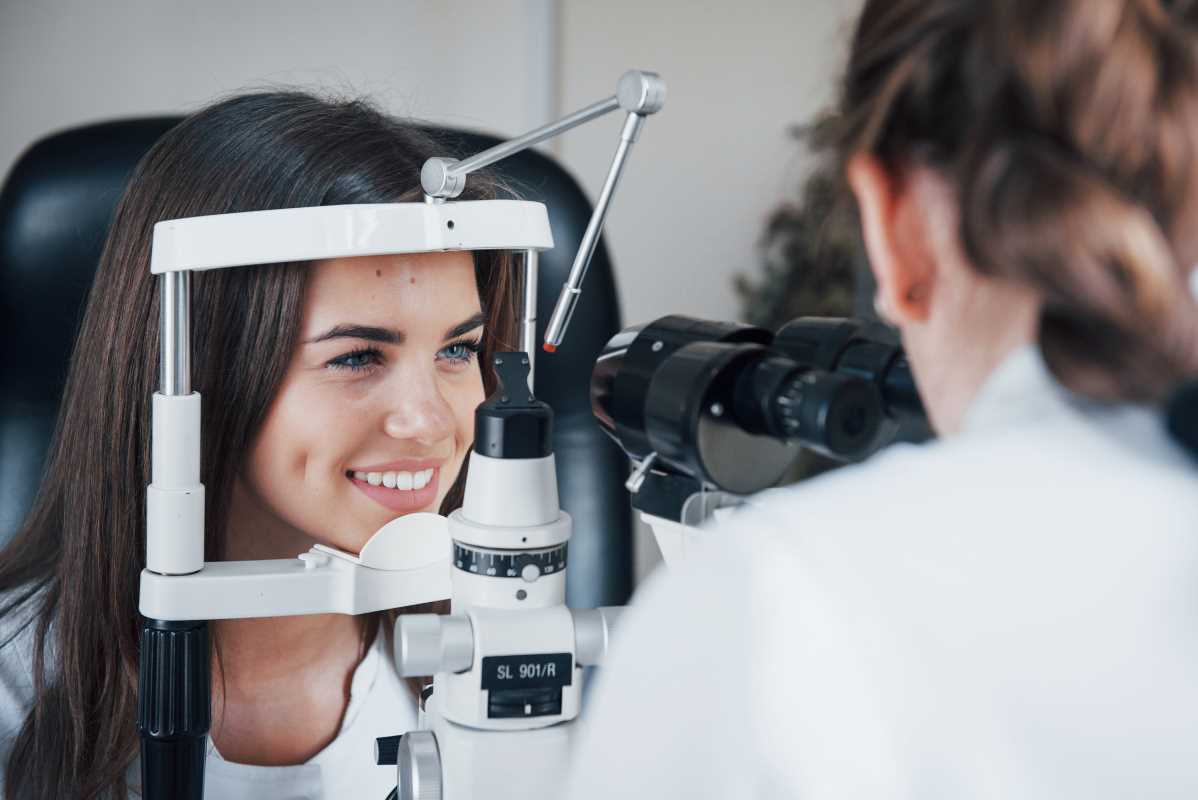Maintaining a healthy liver is crucial for overall well-being, as this vital organ plays an essential role in detoxifying the body, processing nutrients, and supporting metabolic functions. The liver works tirelessly to filter out toxins, process medications, and manage the nutrients absorbed from food, making it a cornerstone of health. Fortunately, making a few simple lifestyle changes can have a significant impact on liver health, ensuring it functions optimally. By incorporating these changes into your daily routine, you can boost liver function and promote a healthier lifestyle.
Eating a Balanced Diet
Consuming a balanced, nutrient-rich diet is one of the most effective ways to support liver health. Foods that are rich in antioxidants, vitamins, and minerals, such as fruits, vegetables, whole grains, and lean proteins, provide the necessary nutrients to maintain a healthy liver. Antioxidant-rich foods, such as berries, leafy greens, and nuts, help protect liver cells from oxidative stress and free radical damage, which can impair liver function over time.
It’s also important to avoid processed foods, excess sugar, and unhealthy fats, as these can contribute to the development of fatty liver disease—a condition where fat builds up in the liver, leading to inflammation and damage. Sugary drinks, fried foods, and foods high in trans fats should be consumed in moderation to prevent unnecessary strain on the liver. Instead, focus on incorporating healthy fats like those found in avocados, olive oil, and fatty fish, which can help reduce liver inflammation and promote overall well-being.
Staying Hydrated
Staying adequately hydrated is another crucial element in maintaining liver health. Water helps the liver flush out toxins and waste products from the body, ensuring that it can perform its detoxification processes effectively. Dehydration, on the other hand, can impair liver function, making it harder for the liver to break down and eliminate harmful substances. Drinking at least 8-10 glasses of water per day is recommended to support optimal liver function and overall health.
In addition to water, herbal teas such as green tea and dandelion root tea are known for their liver-supporting properties. Green tea is high in antioxidants called catechins, which can enhance liver function, while dandelion tea is often used in traditional medicine to promote detoxification. Incorporating these beverages into your hydration routine can provide additional liver support.
Limiting Alcohol Intake
One of the most well-known threats to liver health is excessive alcohol consumption. Drinking large amounts of alcohol over time can lead to serious liver conditions such as alcoholic fatty liver disease, liver inflammation (alcoholic hepatitis), and cirrhosis, a condition where the liver becomes scarred and unable to function properly. The liver processes alcohol, but too much of it can overwhelm the organ, leading to long-term damage.
To protect your liver, it’s essential to limit your alcohol intake or avoid it altogether. If you do choose to drink, moderation is key. For men, this typically means no more than two drinks per day, while women should limit themselves to one drink per day. Opting for non-alcoholic beverages or taking breaks from alcohol (e.g., participating in "Dry January") can further reduce the strain on your liver and help maintain its proper function.
Regular Exercise
Physical activity plays an important role in supporting liver health. Regular exercise helps reduce fat in the liver, improve insulin sensitivity, and promote overall metabolic function. This is especially beneficial for people at risk of developing non-alcoholic fatty liver disease (NAFLD), a condition often associated with obesity, diabetes, and metabolic syndrome.
Engaging in at least 150 minutes of moderate-intensity exercise per week is recommended to improve liver health and reduce the risk of liver diseases. Activities like walking, cycling, swimming, or even yoga can help you maintain a healthy weight, enhance circulation, and boost liver function. Consistent movement is not only good for your liver but also supports mental and cardiovascular health.
Managing Stress
Chronic stress is a hidden contributor to liver damage, as it can lead to inflammation and interfere with the liver's ability to function properly. When stress levels are high, the body releases stress hormones, which can negatively affect liver function over time. Therefore, finding effective ways to manage stress is crucial for maintaining a healthy liver.
Mindfulness practices such as meditation, deep breathing exercises, and yoga are excellent for reducing stress and promoting relaxation. These practices not only improve mental well-being but also support physical health by lowering inflammation in the body. Spending time outdoors, practicing gratitude, and engaging in hobbies you enjoy are other ways to reduce stress and protect your liver.
Getting Sufficient Sleep
Quality sleep is essential for supporting overall health, including liver function. Sleep is the body’s time for repair and regeneration, and inadequate sleep can disrupt the liver’s metabolic processes. Studies have shown that poor sleep can lead to the accumulation of fat in the liver, which increases the risk of developing liver diseases such as NAFLD.
To promote liver health, aim for 7-9 hours of quality sleep each night. Establishing a regular sleep routine, reducing screen time before bed, and creating a calming sleep environment can help ensure that you get the rest your body needs to function optimally.
By making these simple lifestyle changes, you can take proactive steps to support your liver health and improve your overall quality of life. Incorporating a balanced diet, staying hydrated, limiting alcohol intake, exercising regularly, managing stress, and getting enough sleep are all essential factors in maintaining a healthy liver. Prioritizing liver health through these lifestyle adjustments can lead to long-term wellness, improved vitality, and a better functioning body overall.
 (Image via
(Image via.jpeg)





